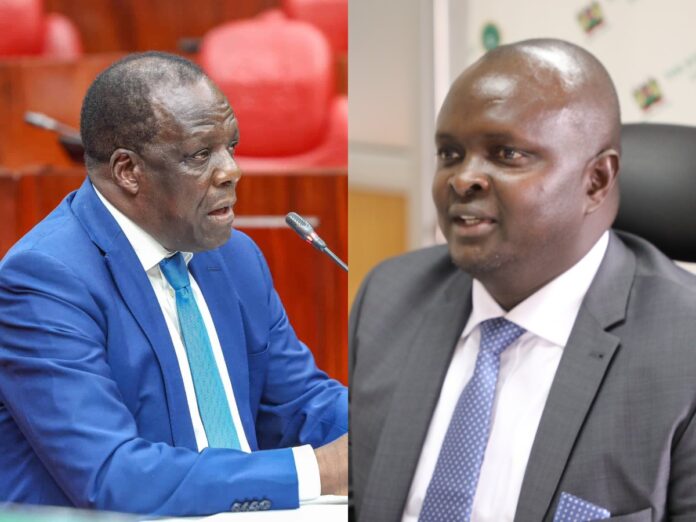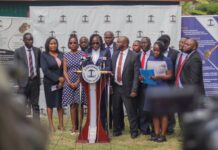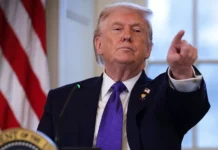Written By Joyce Nzomo
The High Court in Nairobi has declared illegal a decision by the Office of the Director of Public Prosecutions (ODPP) to review and withdraw corruption charges against Cabinet Secretary Wycliffe Oparanya, ruling that the move was unconstitutional and against public interest.
Justice Benjamin Musyoki delivered the judgment on Tuesday, September 16, in a petition filed by Fredrick Mulaa, who argued that the ODPP’s reversal of its earlier decision to prosecute was irregular, whimsical, and aimed at sanitizing Oparanya for appointment to high office.
He pointed out that before his nomination as Cabinet Secretary, Oparanya was due to face charges over alleged receipt of Ksh 56.7 million in kickbacks from companies linked to Kakamega County tenders.
The ODPP opposed the petition, insisting it had full constitutional discretion under Article 157 of the Constitution to review charges.
It dismissed the case as premature and claimed some of the letters relied on by the petitioner had been illegally obtained.
In a cross-petition, the ODPP asked the court to strike out those documents, arguing that their use violated its right to privacy and fair hearing. Justice Musyoki, however, dismissed the cross-petition, ruling that the documents were public records already in the public domain.
On the part of the Interested Party, Oparanya himself did not file any relying affidavit or any documents in response to the petition. However, the 2nd Interested Party, through an affidavit by Mr. Wako Jattani, supported the petition, saying the ODPP had acted without consulting investigators despite earlier concurrence on prosecution.
The 3rd, 4th and 5th Interested Parties, represented through an affidavit sworn by Sheila Masinde, also supported the petition, terming the ODPP’s withdrawal of charges unconstitutional and a blow to public accountability.
In his analysis, Justice Musyoki held that while the Director of Public Prosecutions enjoys wide discretion under the Constitution, this power is not immune from scrutiny.
He faulted the ODPP for failing to follow its own Guidelines on Decision to Charge, particularly the requirement to consult investigating agencies and victims before reviewing charges.
The judge noted that the decision was made after receiving evidence directly from Oparanya’s lawyers without referring it to investigators, amounting to an unlawful usurpation of investigative powers.
He said the move was “shrouded in mystery,” lacked transparency, and worked against the principle of accountability enshrined in Article 157(11) of the Constitution.
While the court quashed the ODPP’s July 8, 2024 decision to close the case, it declined to interfere with Oparanya’s Cabinet appointment, saying the nomination and vetting process was the mandate of the President and the National Assembly.
A request to compel the publication of all past and future cases where charges were withdrawn was also dismissed as speculative.
Justice Musyoki issued orders nullifying the ODPP’s review decision, quashing the withdrawal of charges, and declaring the process unconstitutional. Each party was directed to bear their own legal costs.


















